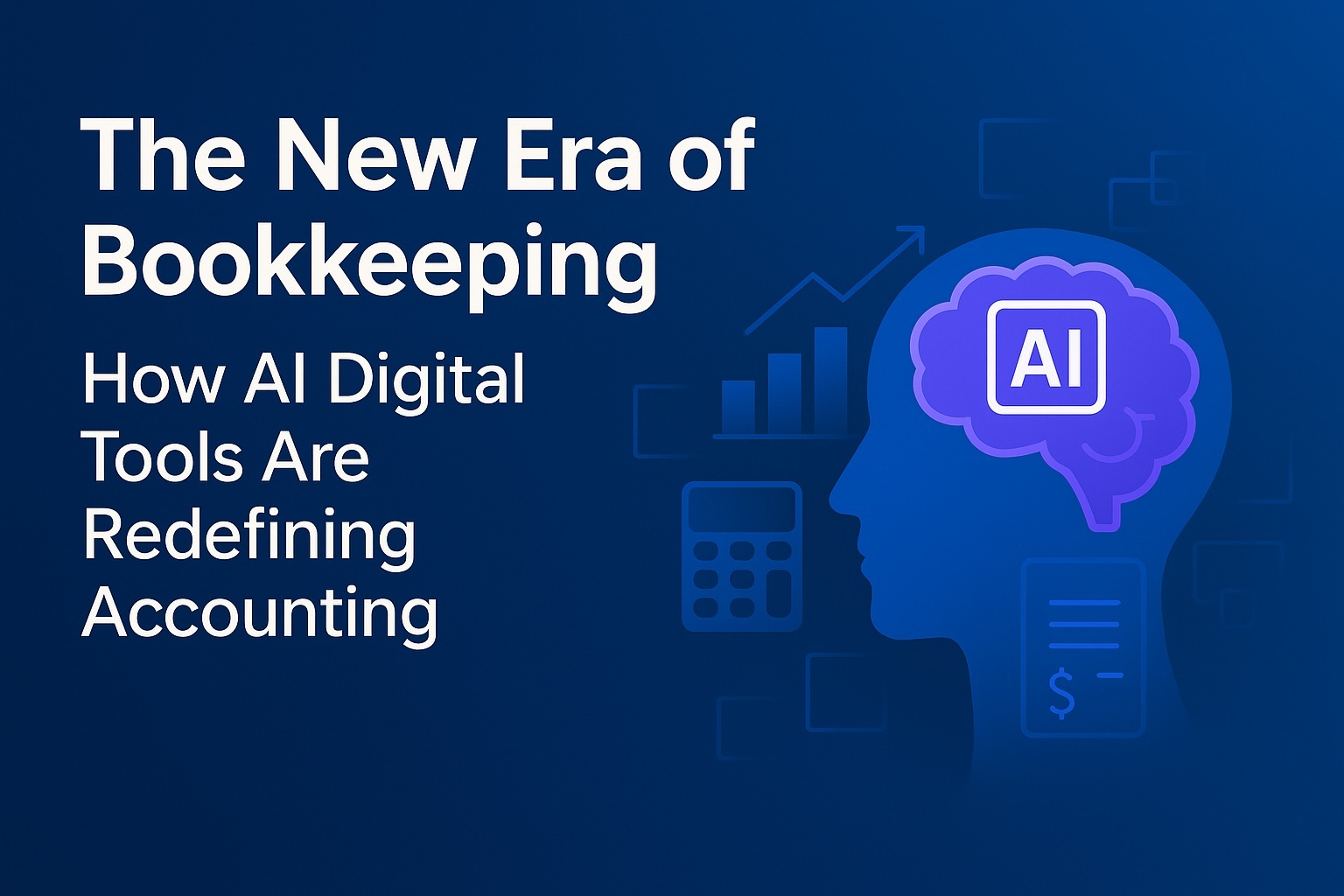Physical Address
304 North Cardinal St.
Dorchester Center, MA 02124
Physical Address
304 North Cardinal St.
Dorchester Center, MA 02124

The accounting profession is in the midst of a profound transformation. Driven by the wave of digitalisation, technology is reshaping how accountants and bookkeepers work. Firms are adopting innovative bookkeeping software, and accounting AI software to keep up with the pace of change. While many are still adapting to new workflows, one thing is clear: digital transformation is no longer optional. But what does it really mean for accounting today—and where is it going next? As the industry prepares for deeper collaboration with technology, now is the time to reflect on its current state and the role of solutions like BookWell.
Digitalisation in accounting didn’t happen overnight. Over the past decade, firms have shifted away from manual data entry and stacks of paper, moving instead to cloud-based bookkeeping AI platforms that automate repetitive work. Early adopters quickly discovered that automation tools reduce errors, save time, and free up capacity for higher-value advisory services.
At the centre of this evolution are technologies such as cloud accounting, intelligent automation, and AI. BookWell, for example, offers AI-powered document processing and automated categorisation, enabling accountants to capture, process, and share data instantly. This level of efficiency has turned what once took hours of manual entry into tasks completed in minutes, allowing bookkeepers to focus on insight and strategy.
If automation laid the groundwork, then AI is pushing accounting into its next frontier. BookWell’s AI assistant can analyse thousands of transactions, detect anomalies, and highlight compliance risks in seconds. These bookkeeping AI capabilities extend beyond anomaly detection—machine learning models are now being trained to forecast cash flow, assess risks, and predict trends based on historical data.
For bookkeepers and accountants, the implications are significant: rather than react to problems after they happen, firms can anticipate challenges and offer proactive guidance. AI-powered chat assistants are also making inroads, handling routine questions, retrieving financial data, and even supporting tax preparation. This allows accountants to provide more strategic, personalised client service, instead of getting bogged down in basic tasks.
Digital transformation has unlocked the power of advanced analytics. With tools like BookWell’s intelligent reporting dashboards, firms can visualise financial data in real time, identify trends, and turn numbers into actionable strategies.
This means accountants can uncover cost-saving opportunities, benchmark performance, and support decision-making with evidence-based insights. For clients, this translates into clarity: no more waiting days for reports, no more uncertainty about where their business stands. The combination of bookkeeping software and analytics means financial intelligence is accessible instantly, enhancing both accuracy and agility.
So what does success look like for an accounting firm embracing digital transformation? Leading practices point to several key principles:
In this blueprint, firms not only streamline efficiency but also elevate their role as trusted business advisors.
The benefits of digital transformation are undeniable, but challenges remain. Data privacy, cybersecurity, and client trust continue to be front of mind. As financial information becomes increasingly digitised, the responsibility falls on software providers like BookWell to maintain rigorous protections and reassure clients that their information is secure.
There’s also the need for continuous investment in training and adoption. Digital transformation isn’t a one-time project—it’s an ongoing journey. Accounting firms must stay on top of emerging trends in bookkeeping AI and continuously upgrade their processes to remain competitive.
Check out what BookWell can help you and your clients. Start a free trial now!